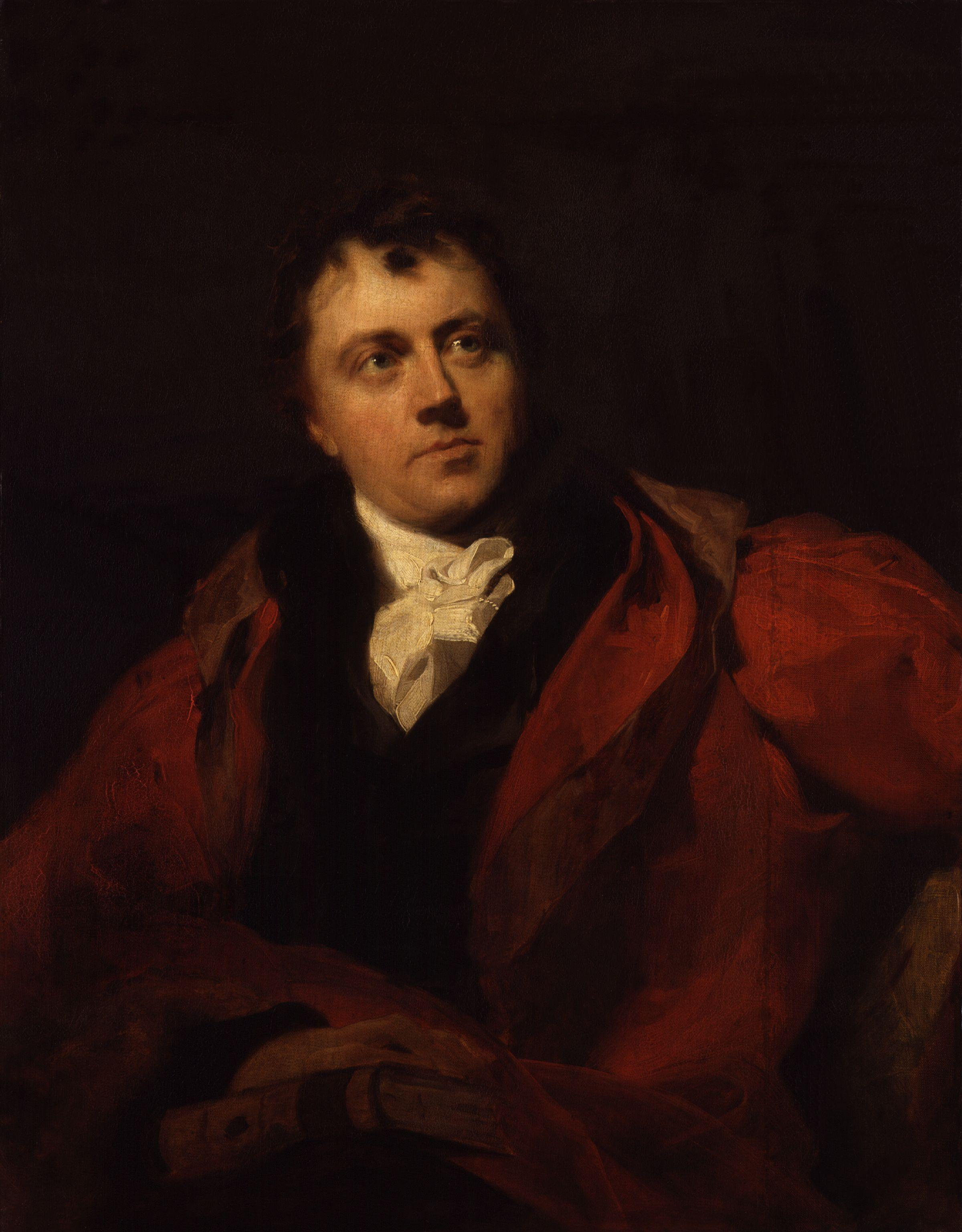“The frivolous work of polished idleness.”
Dissertation on the Progress of Ethical Philosophy (1830), Section VI: Foundation of a More Just Theory of Ethics — "Thomas Brown", paragraph 3.
Sir James Mackintosh FRS FRSE was a Scottish jurist, Whig politician and historian. His studies and sympathies embraced many interests. He was trained as a doctor and barrister, and worked also as a journalist, judge, administrator, professor, philosopher and politician. Wikipedia

“The frivolous work of polished idleness.”
Dissertation on the Progress of Ethical Philosophy (1830), Section VI: Foundation of a More Just Theory of Ethics — "Thomas Brown", paragraph 3.
“The Commons, faithful to their system, remained in a wise and masterly inactivity.”
Vindiciæ Gallicæ (1791).
“It is right to be content with what we have, but never with what we are.”
Memoirs of the Life of the Right Honourable Sir James Mackintosh Vol. I (1835), edited by his son Robert James Mackintosh. London: Edward Moxon, p. 482.
Review of the Causes of the Revolution of 1688 (1834), Chapter VII, paragraph 1.
“The theory (propounded by Vedanta) [is] refined, abstruse, ingenious and beautiful.”
Quoted from Londhe, S. (2008). A tribute to Hinduism: Thoughts and wisdom spanning continents and time about India and her culture. New Delhi: Pragun Publication.